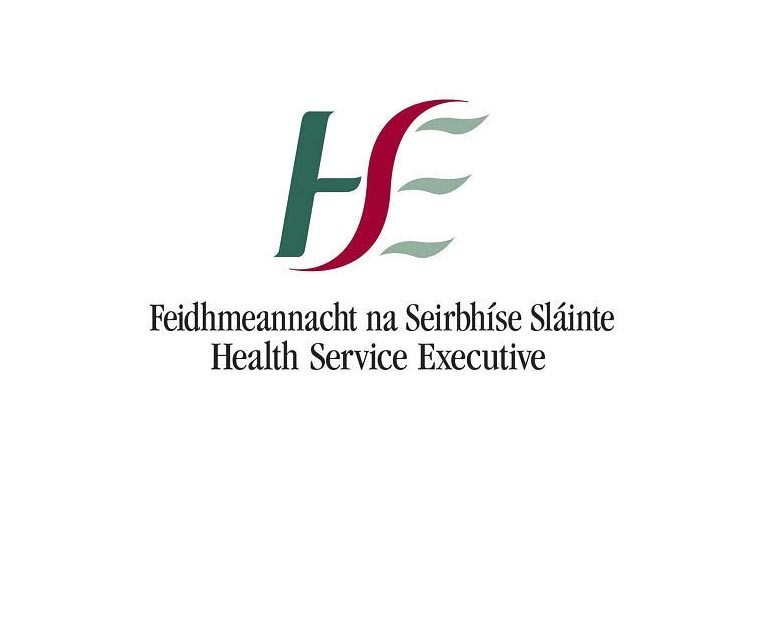
Cryptosporidium is a parasite that can be found in human and animal faeces.
Human illness can occur through direct contact with infected animals or through food or water that has been contaminated by faeces. Symptoms of cryptosporidiosis include diarrhoea, weight loss, fever, vomiting, stomach cramps or pain. Most people with cryptosporidium infection recover in a few weeks but it can be a very serious illness in people whose immune systems are weak.
An increase in the number of cases of Cryptosporidium infection is seen in spring time. This coincides with lambing and calving season. People who have contact with farm animals and those whose drinking water comes from an untreated or inadequately treated supply (such as a private well) are at particular risk of infection. Water from wells may be particularly vulnerable after heavy rainfall or after flooding. If people notice any change in the normal characteristics of their well water such as colour, odour or clarity they should take the precaution of boiling the water until it has been investigated.
People living in rural or agricultural areas should:
· Wash hands carefully after using the toilet and after animal contact, especially after lambing or calving
· Ensure children’s hands are washed after animal contact and after using the toilet
· Avoid wearing muddy shoes indoors especially where there are young babies or toddlers
People with private wells should:
· Test their water at least once a year for bacterial contamination and once every three years for chemical contamination, especially after heavy rain
· Consider testing the well water if someone in the family has a diarrhoeal or vomiting illness
· The HSE recommends that a disinfection system should be provided for all private well water supplies as a public health safeguard. Further details on constructing and protecting your well is available on www.epa.ie/water/dw/hhinfo/faqpwells/

